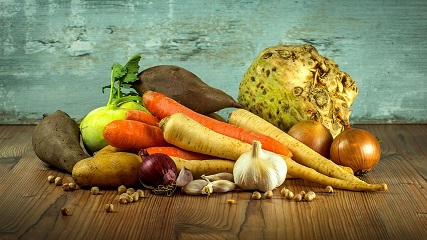
Courtesy of pixabay.com
My 82-year-old teeth surprised me a few weeks ago. I woke up with a toothache. Fortunately, the dentist could see me right away. After providing me with a prescription for antibiotics, he set up an appointment with a colleague for my root canal.
Naturally, I took the pills but knew they would play havoc with my digestive system. Taking probiotics after antibiotics is a standard remedy to restore the stomach’s balance but that approach seems to have fallen out of favor. New research suggests probiotics, too, can pose problems.
So, what was I to do once I’d finished my pills? I went to the grocery store and loaded up on yogurt. Would yogurt work? I didn’t know but I’ve lived long enough to write my story, at least.
Surprisingly, the gut poses many mysteries to science. According to writer Tom Philpott, it “contains a multitude of engines, and they interact with each other in ways science is just beginning to unravel.” (“Gut Instincts,” by Tom Philpott, Mother Jones, July/August 2019, pg. 68.) Antibiotics, for example, reconfigure digestion to favor microbes that store fat. (Ibid, pg. 69.) Philpott surmises that’s why many Americans, over-dependent upon antibiotics, have weight problems.
Recently, science has learned some microbes exist in the body to regulate weight. They live deep in the lining of the gut. Unlike their fat producing colleagues who love donuts, these workers thrive on a diet of beans, grains vegetables, and fruit. This roughage helps them secrete a fermentation that staves off fat.
Simply put, the good microbes in our body love a healthy diet. To live long and well do just as your mama told you. Eat your vegetables.
